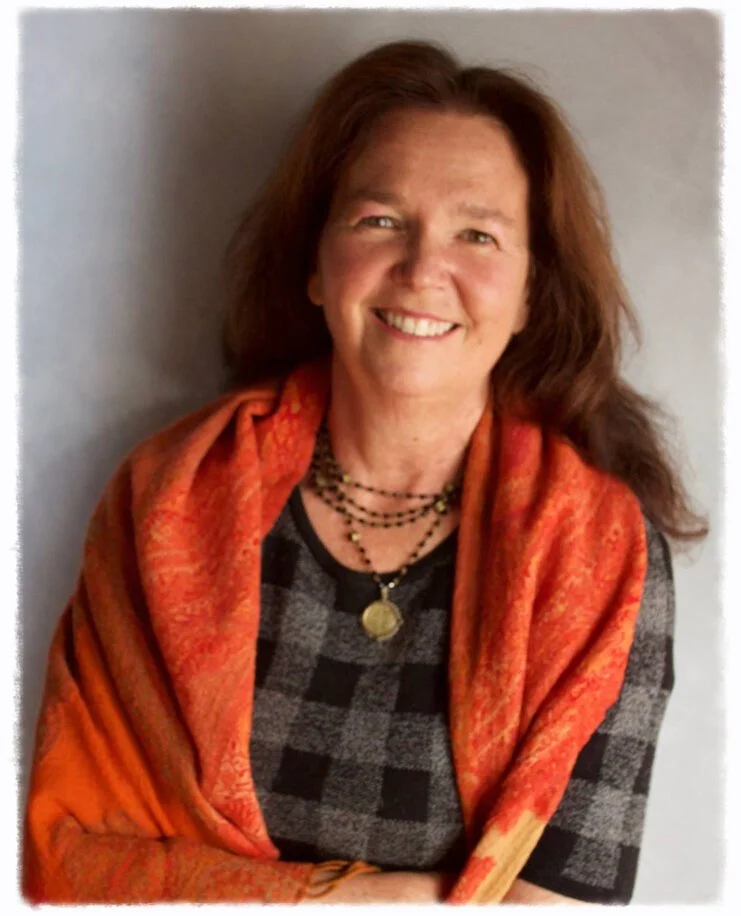Lise Goett
Wabi-Sabi
In the Hasui woodcut that hung above my childhood,
November rains in. Wabi: blossoming; sabi: decay.
Wabi once meant the misery of living alone, sabi: chill.
Over time, the meaning became entwined
with the beauty of the imperfect:
the chipped cup,
the fluorite-green ring around a maroon bruise,
or the fruit of the persimmon
inedible until nearing decay.
*
In the Hasui woodcut, a woman leads a boy by the hand
through a courtyard of persimmon trees
toward the dank warmth of an outbuilding.
Perhaps this is farewell.
Perhaps she will not return.
Perhaps in minutes they will join the boy’s father
over the steam of a soup made
with bok choy and a good broth.
We don’t know how the story will end.
What needs to be said often waits.
*
In November, the chill monsoons already come,
my father took me to hear Caballé.
I don’t remember which opera she sang.
Perhaps it was Madame Butterfly
the libretto of a broken heart
and wabi: the misery of living alone.
At intermission, my father whisked me to the mezzanine
for Irish coffees served in upward, opening glasses fluted
with whipped cream, quickly drained
for the sweetest part, the demerara syrup
at the bottom of the glass.
My father’s soul waited
until my sister’s plane touched down on the tarmac,
rain coming down in the hospital courtyard.
She could not bear to see him die.
She could not walk through the door
until he turned white like the face of a Geisha
painted in the rice-powder makeup of moonlight
shed over a courtyard of persimmons in rain.
Wabi: blossoming; sabi: decay.
In Buddhism, the persimmon stands for transformation;
six signify enlightenment.
In the Hasui, there are only five.
The orange-red gobbets of flesh hang
from the skeletal branches, stripped of everything
but their fruit hearts, skin soon to be torn
by waxwings. On his deathbed, my father awaited his sixth.
Also by Lise Goett: "My Antonia," "Festina Lente," and "Difficult Body"
Mary Biddinger
Rebecca Black
M. Cynthia Cheung
Joanna Penn Cooper
Isabelle Correa
Adam Day
Kendra DeColo
Lisa Dordal
Lise Goett
Camille Guthrie
James Allen Hall
Barbara Hamby
Rebecca Hazelton
Erin Hoover
Charles Kell
David Kirby
Keith Kopka
Cate Marvin
Marc McKee
Jennifer Militello
Jay Nebel
Kevin Prufer
M. Seaton & A. Smith
Diane Seuss
Martha Silano
Aaron Smith
Tana Jean Welch
Jeff Whitney
Jordan Zandi

